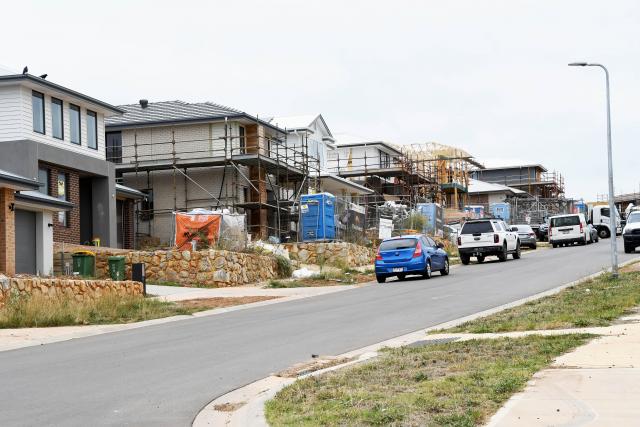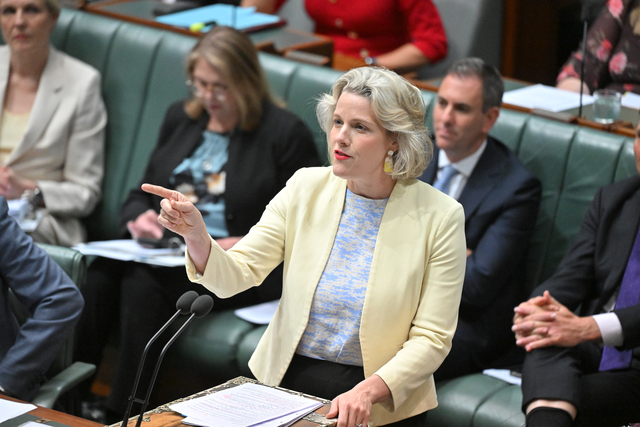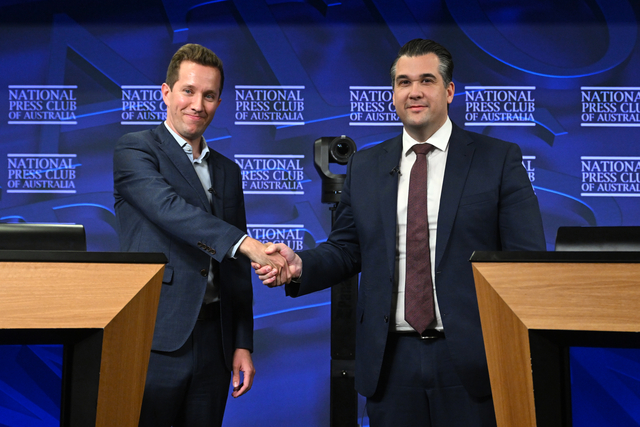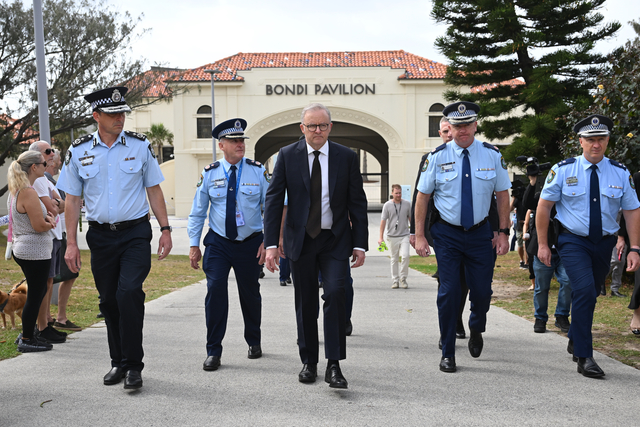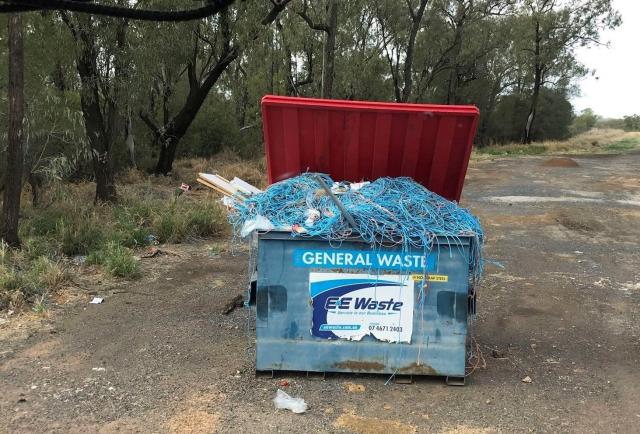Housing, or the lack of, has been a topic of discussion in Federal Parliament as the debate over how to provide affordable buy and rent solutions reached the pinnacle in the final two sitting weeks for the year.
It came to the ultimate conclusion which saw the Labor Government’s housing policy bill gain the support it needed to pass earlier this week.
But prior to that, using his parliamentary members statement on Tuesday 19 November, Casey MP Aaron Violi raised the issue of housing affordability.
“I hear so many stories from people about their concerns about homeownership,” he said.
“Right now it feels impossible to get into your own home no matter how hard you work and save.”
Leveraging the opportunity to reiterate Peter Dutton’s housing policy announcement from October, which, if elected, would put $5 billion towards speeding up the construction of 500,000 homes, Mr Violi said it would “fund the essential infrastructure that’s delaying them, unlocking more homes more quickly”.
“This includes sites such as Kinley Estate, in my community, with funding being used to build critical road infrastructure that will not only help unlock more homes in Kinley but also reduce congestion on our existing local roads in Lilydale and Mooroolbark,” he said.
Intrapac Property chief executive officer Maxwell Shifman confirmed this fund could help bring forward major infrastructure delivery at Kinley, including major road connections and a bridge over the Lilydale train line.
“The Coalition’s policy would unlock significant new housing supply across the country, including on projects such as Kinley, by delivering vital enabling infrastructure sooner,” he said.
Kooyong Independent MP Dr Monique Ryan criticised “the Liberals, the Nationals and the Greens [for] refusing to work with the government and the crossbench on housing reform” in her statement on Tuesday.
“Australians are dealing with an unprecedented housing crisis three decades in the making. Rising interest rates, cost-of-living pressures, soaring building costs and a growing housing shortfall have led to decreasing homeownership rates and a critical shortage of rentals,” she said.
“Many first home buyers are losing hope of ever buying a house unless they can receive financial support from their parents. All levels of government and politicians have to address this issue.”
Dr Ryan said however, the suite of housing reforms announced in Victoria for areas like the Kooyong electorate came “without giving communities the appropriate reassurance” on items like housing density sensitivity, the priority of good planning and sustainability.
“Every policy lever needs to be pulled on housing. Our communities know that, and they deserve better from their politicians,” she said.
“We have to remember that housing is a human right, and we have to work together consultatively and conscientiously so that the next generation can afford to live in well-designed, sustainable homes in our cities and not on the peripheries, close to their family and close to their friends.”
A week later the Labor Government’s Help to Buy scheme proposal was given the green light by the Greens after they did a backflip on the policy, gaining the support it needed in the Senate to pass the bill after months of debate.
“This is good policy in a proud Labor tradition. The Help to Buy legislation will help 40,000 low- and middle-income Australians get into homeownership,” housing minister Claire O’Neil said during question time on Tuesday 26 November.
“We’re talking about cleaners, childcare workers, nurses and disability workers—hardworking Australians who are right in the guts of our economy, who we in the Labor Party believe should get the keys to their own home.”
It was not without the provision, however, that a separate policy aimed at delivering more build-to-rent developments would be included.
The Help to Buy scheme is a shared equity program that will allow 10,000 first-home buyers each year to purchase a house with a contribution from the government.
The build-to-rent policy involves tweaks to tax settings to spur foreign investment in a specific style of housing development where homes are rented rather than sold.
The Coalition remained opposed to the policy, with shadow housing minister Michael Sukkar staying forthright in this position.
Interjecting during question time on Tuesday 26 November, he stated “I don’t need to be briefed on your disastrous policy” as Ms O’Neil addressed a question posed to her, where she stated “we have made a number of attempts to brief the shadow housing minister on the policy offerings that we’ve brought before this parliament”.
This carried into the National Press Club’s policy debate on Tuesday 26 November.
The debate between Greens housing spokesman Max Chandler-Mather and opposition housing spokesman Mr Sukkar on Tuesday confirmed housing policy will be a hot-button issue at an upcoming federal election.
Asked if a coalition government would repeal the government shared equity and build-to-rent tax changes if they return to power, Mr Sukkar said his party “unashamedly oppose both of those measures”.
“They’re terrible policies, which is why we are, in many respects, unsurprised but dismayed that the Greens are now supporting it,” he said.
At the National Press Club’s policy debate, which the housing minister was invited to but did not attend, Mr Chandler-Mather said the Greens were “only just getting started”.
“It is reasonable to feel terrified and scared about the housing crisis we face,” he said on Tuesday.
“We have a government who is willing to leave behind millions of renters who will never be able to buy their own home, and every day that the government doesn’t take substantial action is a sad day.”

